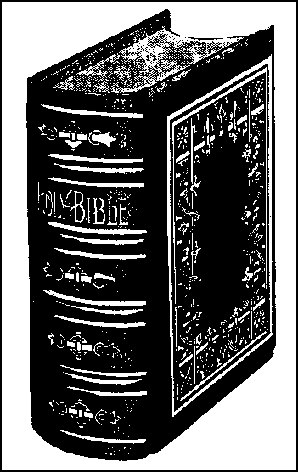The Sinaiticus
The Sinaiticus is an edition of an established text. The Hebrew scriptures took their canonical form much later. With the New Testament there was no place for a sub-editor to clarify meaning or cure infelicities. Editorial care can express reverence for such a text; the editor's reward may be the insights thoughtful analysis brings him or her rather than new readings discovered. The work put into a new edition of Shakespeare's Sonnets, say, is not going to result in a text so different form the last that even the most careful reader will feel he's been offered a new experience.
In religious texts, however, error can be scandalous, and the British Library display includes copies of Bibles in which (it's hard to imagine it was always accidental) mischievous compositors introduced corruptions. The "adulterated Bible" of 1631 omits a "not" so that Exodus 20:14 reads, "Thou shalt commit adultery," and, in Deuteronomy 5:24, replaces "greatness" to give: "The Lord hath showed us his glory and his great arse." The printers were fined £300 and lost their licence to print.
--- Peter Campbell in a review
of the Codex Sinaiticus at
The British Library
London Review of Books
23 July 2009

